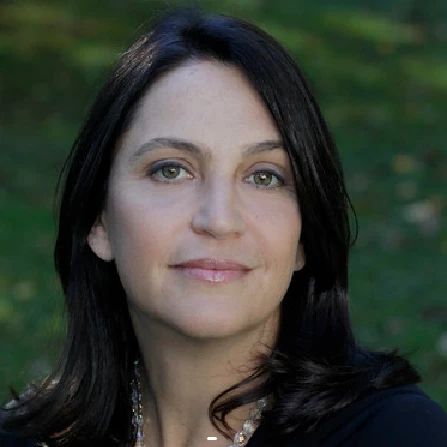Shedding light on and engaging in debate regarding financial inclusion is important and we can now be more informed on the topic thanks to the release last month of the Global Financial Inclusion Database, or Global Findex. With this in mind, I want to react from my point of view as supervisor of the Global Findex project to a recent post by Milford Bateman on The Guardian’s Poverty Matters blog.
Global Findex makes a valuable contribution to our development work, because it means that now researchers and policymakers no longer have to rely on a patchwork of incompatible household surveys and aggregated central bank data for a comprehensive view of the financial inclusion landscape.
It also means debates about financial inclusion can be rooted in more solid facts.
The publicly-accessible database provides comparable individual-level data that facilitate detailed analyses of how adults save, borrow, make payments, and manage risk in 148 economies. The project, which is supported by the Bill and Melinda Gates Foundation, are based on 150,000 interviews with adults representing over 97 percent of the world’s population, which was surveyed Gallup Inc. as part of the 2011 World Poll.
The Global Findex provides valuable, demand-side data, giving us a more nuanced understanding of the financial behavior of adults worldwide than ever before. With more data coming from the future rounds, it can be used to evaluate the expansion of formal banking and mobile money, as well as the impact of other country-level financial inclusion reforms. The complete database, report, and survey in 15 languages are available at: http://www.worldbank.org/globalfindex.
Bateman has a valid point about the causality between poverty and the lack of a bank account. We really cannot prove such causality from the new data. The correlations we see could just as easily be explained by the possibility that poverty (from some other cause) creates low demand for formal financial instruments. There are some important research challenges ahead in trying to sort out causes and effects, for which the Global Findex data will be crucial.
Still, we should all agree that saving at a bank or other formal financial institution offers adults a place to store money that’s safe from theft, loss, or involuntary loans to friends and family. It also allows poor people to smooth their consumption and insure themselves against the many economic vulnerabilities they face, ranging from illness, accidents, to theft and unemployment. Financial inclusion enables poor people to save and to borrow, allowing them to build their assets, and to invest in education and entrepreneurial ventures.
It’s also worth pointing out some of the powerful findings emerging from the Global Findex. For example, 31% of adults in developing economies saved in the past year, but 44% of savers saved informally. For example, in Nigeria, 69% of savers, or 44% of all adults, save using a community-based model. Though the use of community-savings clubs speaks to their popularity, a downside is the risk of fraud and theft.
The popularity of these “semi-formal” products – where users commit to regular savings – might suggest a missed opportunity to provide safe, affordable financial products to adults without formal accounts. Recent research (e.g. Dupas and Robinson, 2012) reveals demand by adults in low-income countries, particularly by women, for a safe place to store their money.
In addition, some innovative banking methods have taken off quickly, largely because they eliminate the main obstacles of traditional banking, such as the cost of opening an account and long-distance travel. For instance, “mobile money”— financial transactions through mobile phones— has taken off in Africa. Indeed, three-quarters of the countries that use mobile money most frequently are in Africa, and mobile banking in some of them is very widespread. In Gabon, Kenya, and Sudan half or more of adults used mobile money.
This may be a sign that innovation is coming to places where great hardship is endured and that's a signal achievement to be celebrated, not to be treated with suspicion.
To learn more about the Global Findex, check out the World Bank Policy Research Working Paper 6025, press release, featured content and the Findex website.


Join the Conversation